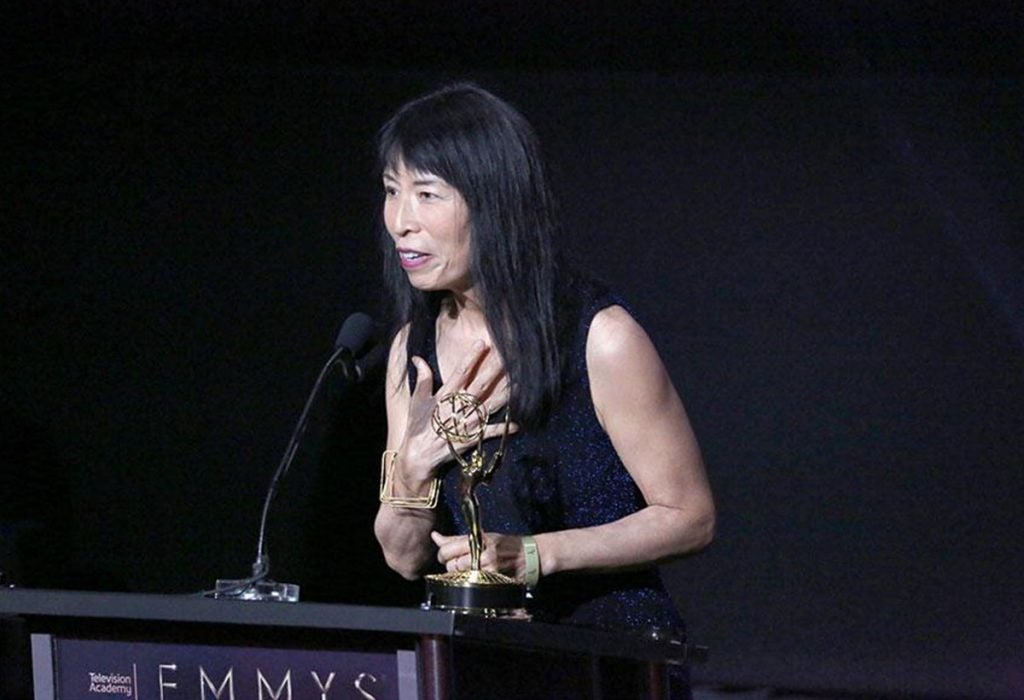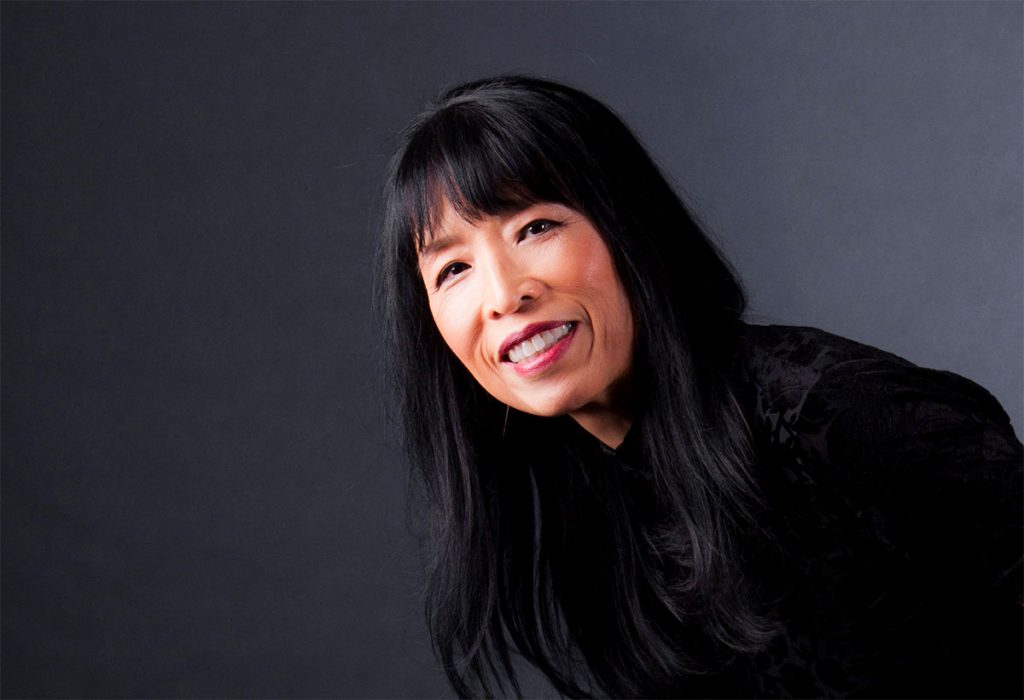The collaborative project “Root Progressions,” led by Gloria Cheng (department of music), distinguished emeritus professor James Newton (global jazz studies), and Arturo O’Farrill (department of music and global jazz studies), has just been awarded funding from the National Endowment for the Arts’ Grant for Arts Projects program.
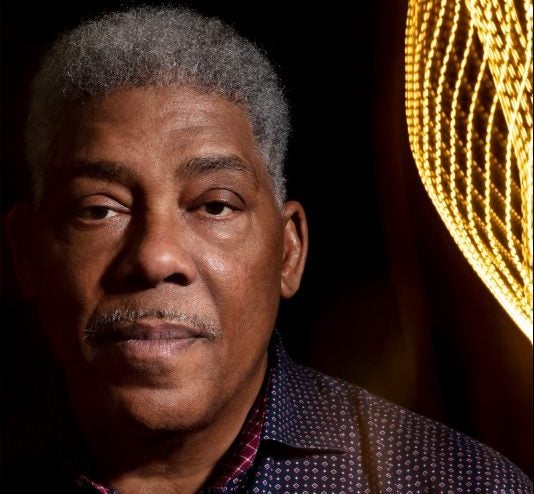
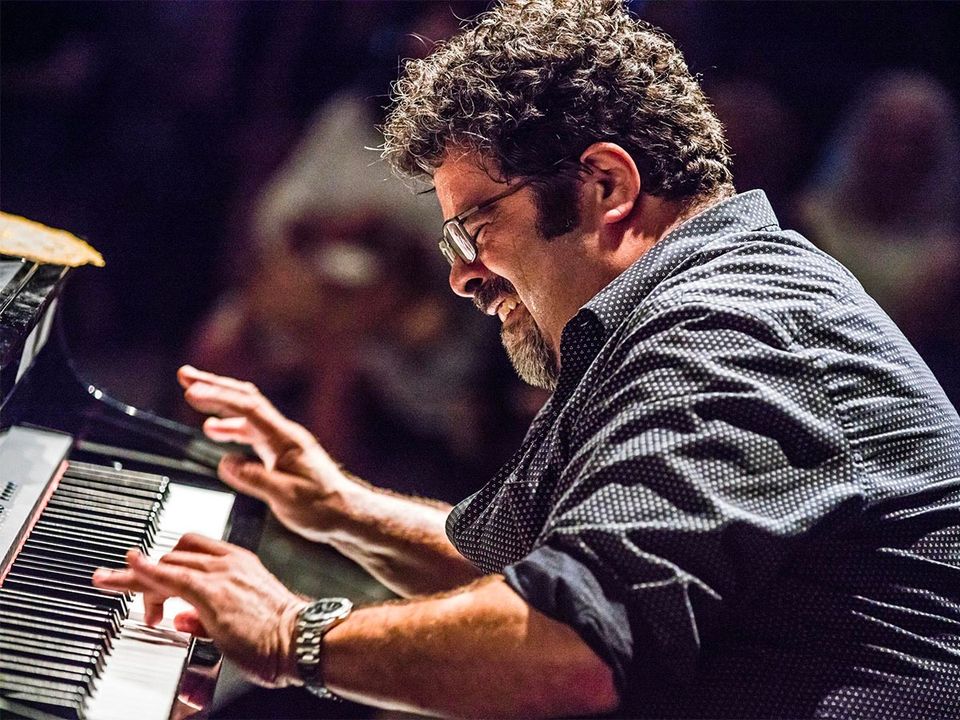
Her project, a partnership with Angel City Jazz and HASOM, bridges jazz and contemporary classical music, two genres that share an ethic of experimentation and exploration. Contemporary music often spans both idioms, despite the presence of an invisible, and arbitrary, barrier dividing them. “Root Progressions” seeks to shatter that barrier by commissioning six new works for piano that deliberately engage both jazz and classical music.
“Jazz and contemporary classical music are spirtually aligned,” said Gloria Cheng. “They both pursue parallel crusades for freedom from established styles, and they are both experimental. They also have a reputation for being esoteric and are undeservedly underappreciated.”
“Root Progressions” will feature commissions from artists who have substantial credibility in both classical and jazz worlds. James Newton and Arturo O’Farrill will both contribute pieces, and so will Pulitzer-Prize winning UCSD composer Anthony Davis, San Francisco-based pianist Jon Jang, New York-based bassist Linda May Han Oh, and Grammy-nominated composer Gernot Wolfgang. Gloria Cheng will premiere the new works at the Angel City Jazz Festival in October 2023.
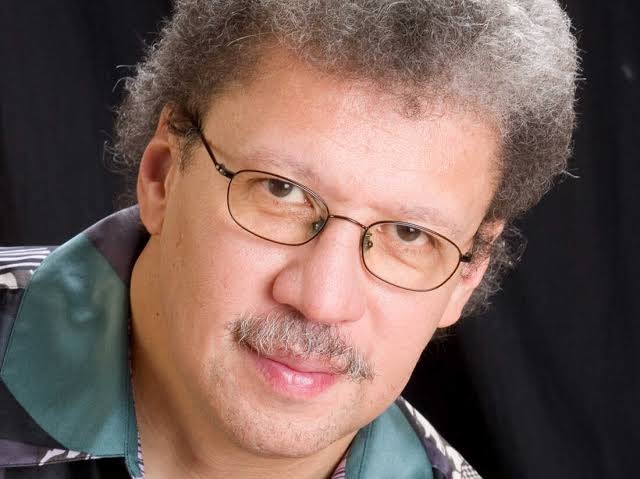
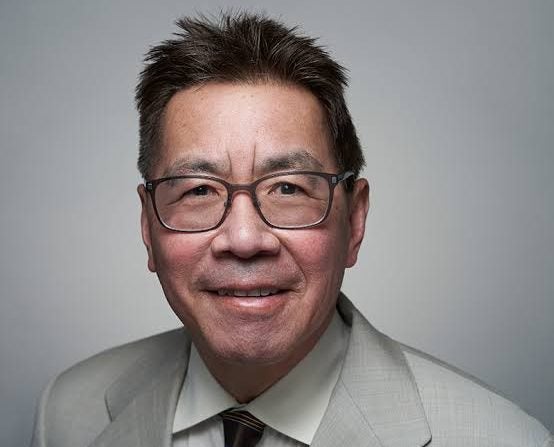
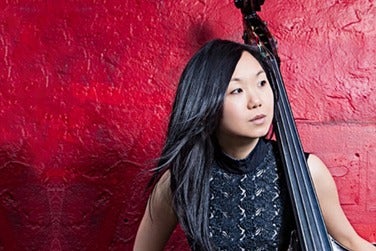

The project includes plans to engage School of Music students from the music department, global jazz studies, and the Hancock Institute next Fall, with additional support coming from the Hugo and Christine Davise Fund for Contemporary Music and the Chancellor’s Arts Initiative.
The NEA’s Grants for Arts Projects is its largest grants program for organizations and individuals. It provides funding for projects that encourage public engagement with the arts and arts education. The NEA supports a diverse number of projects that celebrate the nation’s creativity and cultural heritage, and as well elevate the role of artists in securing a healthy and vibrant society.
“Now, as classical music confronts its historical biases and new music is increasingly unbounded by genres,” said Cheng, “is the time to integrate and unite our diverse musicians and their audiences.”
